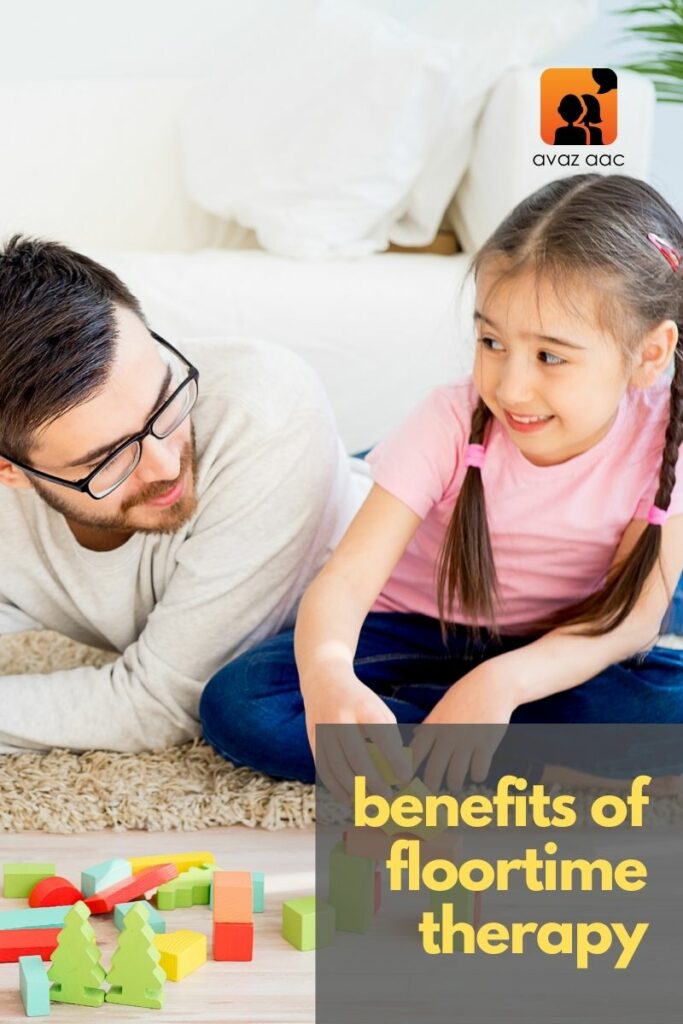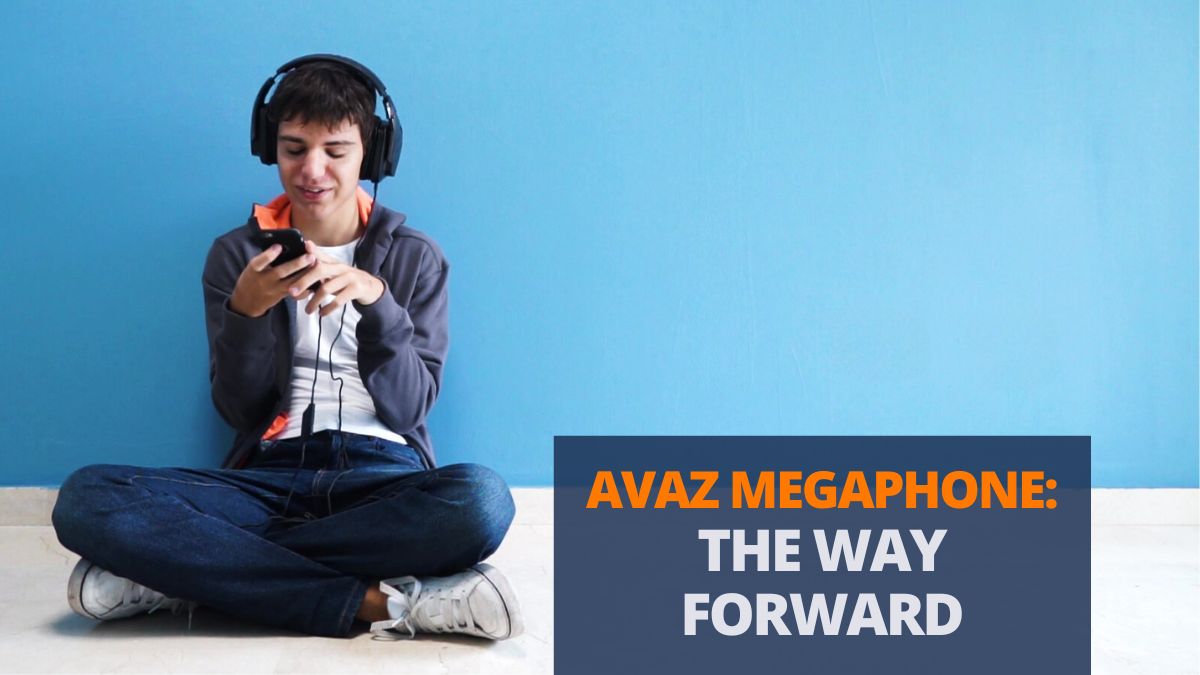In a previous blog we discussed the basics of Floortime Therapy. In this article we go deeper to answer some FAQs and other beneficial aspects of this approach.
What is Floortime Therapy?
Floortime therapy is a structured play therapy that can be carried out in a range of settings and administered by professionals or parents , who have been trained in this approach.We challenge the child to become creative flexible and an independent thinker
It helps children with autism to improve their communication skills and to build connections with the outside world. Floortime is a low-risk, low-cost way to expand a child’s emotional and social skills. You can build a stronger parent or guardian-child bond while simultaneously having fun


Floortime Basics
Let’s look at some frequently asked questions about floortime therapy.
- Who can work with the child?
A trained professional or parent.
2. Where can it take place?
It can take place anywhere open ended play is possible.
3. How long does the session last for?
The recommended duration of initial sessions is 20 minutes. Thereafter, therapy can extend to several hours as needed.
4. What do you need?
We need to stock up the chosen space with toys or objects that are fun and interactive to the child
Important Concepts in Floortime Therapy
Concepts in floortime are also the benefits we derive from it. Some of the concepts that are emphasized through floortime therapy are:
Intrinsic Motivation
The child is encouraged to do something because they feel good about doing it and not because they will get an external reward.
Flexibility
Many autistic children may have issues with flexibility. They are unable to see more than one solution to a problem. Floor time targets flexibility. Hence, it aims for the child to understand that there are many solutions to a single problem and that they can choose the best one. It is therefore important that adults working with them incorporate flexibility during their interactions with the child.
Self Regulation
As you already know, self regulation is a foundational skill in social emotional development. During floortime we have to determine a child’s sensory preferences and use strategies to help the child maintain a state of regulation. This is because only a well regulated child is available for learning and communication
Engagement & Motivation
Floortime emphasizes the importance of engagement and motivation as foundational skills for successful interaction.
Other Benefits
Apart from using the approach for emergent communicators, floortime is great for motivating higher level skills like abstract thinking, problem solving, back and forth interaction, pretend play, telling stories and conversation.
We have seen that with this approach we can get the family to be involved too, as the interaction can take place almost anywhere. This is great for building parent child connections. Besides this, floortime also results in great emotional and communication benefits for the child.
Conclusion
Floortime may not be the right choice for everyone. For some children, it is not sufficient on his own. It may need to be supplemented with other modalities depending on the specific needs of the child.
The approach may also take time, patience and energy to implement. The primary factor being a trusting relationship between the adult and the child – and this will take some time to build. We should never forget that the goal here is communication (not teaching concepts) and in making emotional connections.
In Dr. Stanley Greenspan’s words:
That’s our goal of entering their shared world – to help them to be empathetic, creative, logical, reflective individuals.
WRITTEN BY
Niveditha Ryali
Speech – Language – Swallowing Therapist
I have years of experience that comes from working in NHS(UK), special schools, hospitals and private practice. My passions are working on improving Speech, Language and Swallowing skills in children and adults. I also strive to facilitate early communication in children with complex communication needs, thereby improving parent-child bonding.


Besides Avaz AAC, we provide a whole host of exciting products & services. Use the buttons below to explore Avaz!



